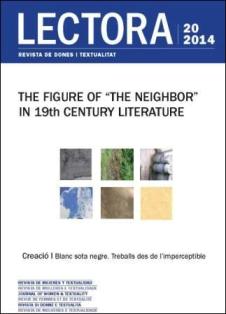The Question Concerning the Differences Between Regimes in Hannah Arendt’s Thought
Keywords:
Politics, revolution, totalitarianism, tradition, regimeAbstract
Is it possible to think, after the collapse of the tradition of political philosophy, about the difference between regimes? In this article I address this question in two parts. First, I will try to show how, in her reading of Montesquieu, Arendt discovers a way to think about the opposition between freedom and domination that goes beyond traditional parameters. Second, I will analyze the two political experiences that constitute, for Arendt, the extreme poles of modernity —revolutions and totalitarianism. Starting from these two elements, I will try to show how the question concerning the differences between regimes is at the core of Arendt’s theoretical project.Downloads
How to Cite
Issue
Section
License
The Author retains ownership of the copyright in this article and grants Lectora: revista de dones i textualitat the rights to print publication of the Article. The work will be available under a Creative Commons Attribution-Noncommercial-No Derivative Works license, by which the article must be credited to the Author and the Journal be credited as first place of publication.
The Author is free to enter in seperate, additional contractual agreements for the non-exclusive distribution of the work as published in this journal (such as institutional repositories or a book), as long as the original publication in Lectora is credited.
The Author is encouraged to post the work online (eg in institutional or thematic repositories, or in their website), as it can lead to productive exchanges as well as to a greater citation of the published work (see The Effect of Open Access).




